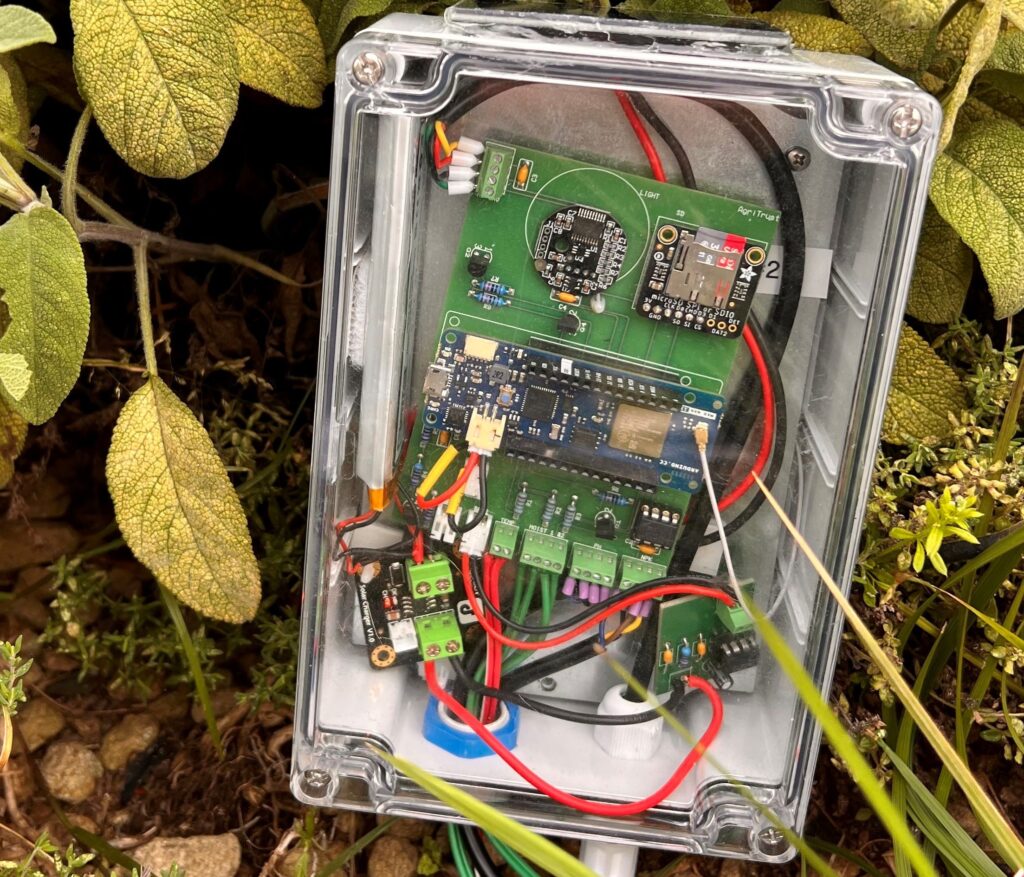The Squirrel Box aims to bring trust to smart agriculture

It may not be as exciting as other fields, but agriculture is incredibly important to humanity and technological advances have increased yields, efficiency, and productivity many times throughout history. All of the evidence suggests that smart agriculture is going to be at the heart of the next big technological leap and that will require trust in the data. To further that goal, researchers from Newcastle University and the University of Nottingham developed the Squirrel Box.
The Squirrel Box is a small, remote device that measures key soil metrics, like pH levels, moisture content, ambient conditions, and NPK (nitrogen, phosphorous, and potassium) levels. That data is important in determining the health of the soil in a field. It is useful for protecting potential yields and also for maintaining the soil to achieve maximum productivity. The Squirrel Box can transmit its readings over long distances via LoRaWAN® to a WisGate Edge Lite 2, which is an eight-channel gateway that many boxes can connect to in order to provide a comprehensive picture of soil health across an entire farm. An Arduino MKR WAN 1310 board monitors the sensors and contains an onboard LoRa® transceiver. Additionally, measurements are stored locally on an SD card in the event that communication is interrupted.
But as the Squirrel Box team points out in their paper, smart agriculture requires trust. If farmers are to rely on this data, they need to trust that it is accurate, reliable, and tamper-proof. For that reason, they implemented decentralized communication that is robust enough to survive the failure of any single unit. They also turned to machine learning to validate the data and identify potential anomalies that might represent anything from a sensor problem to falsified data. This focus on trust makes farmers more likely to adopt smart agricultural techniques.